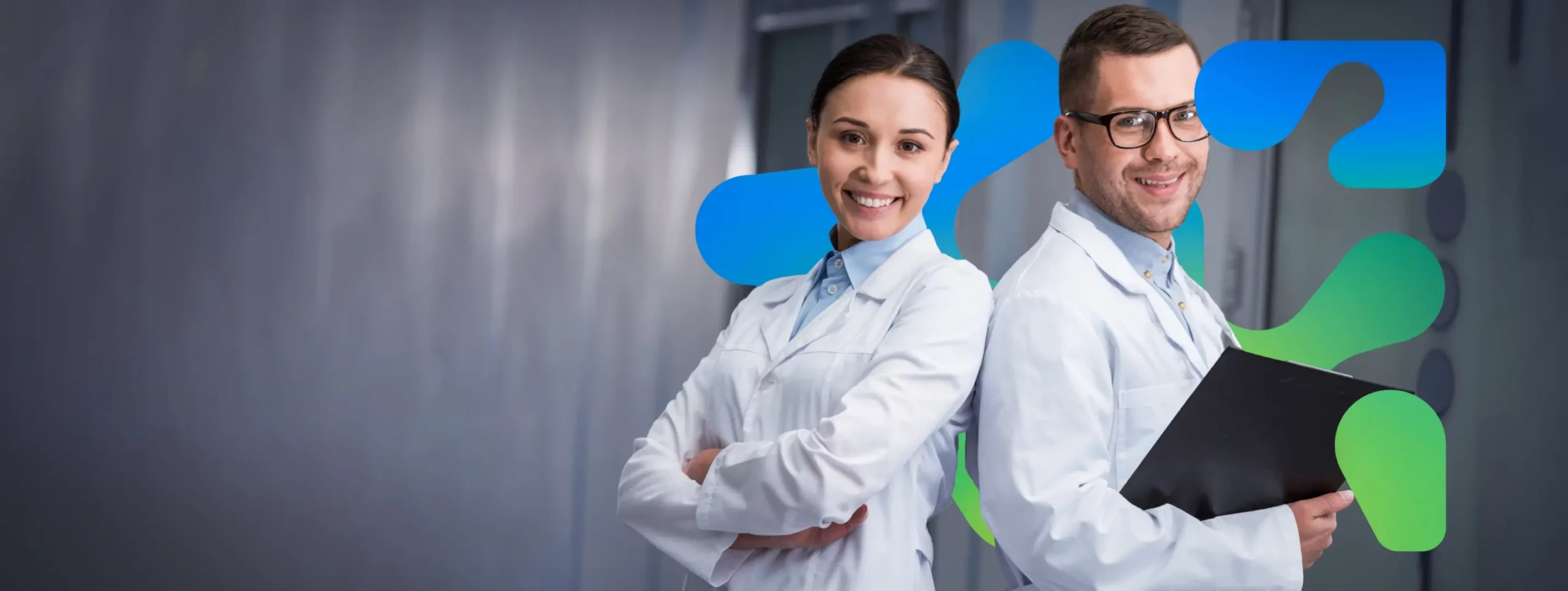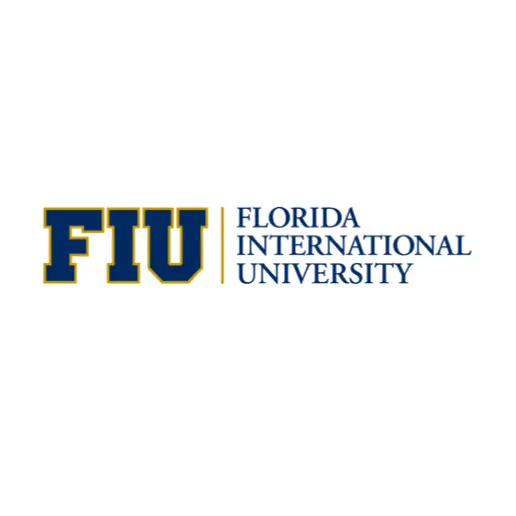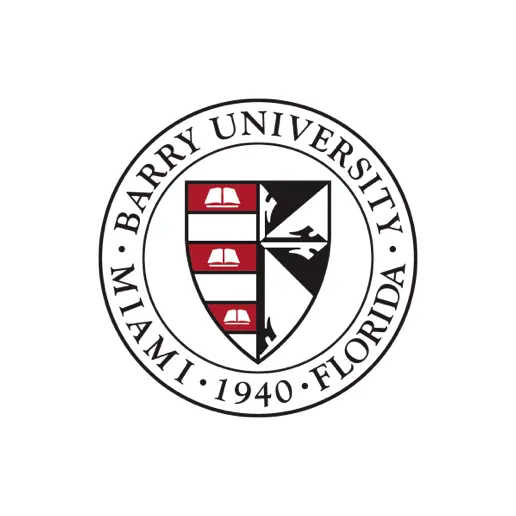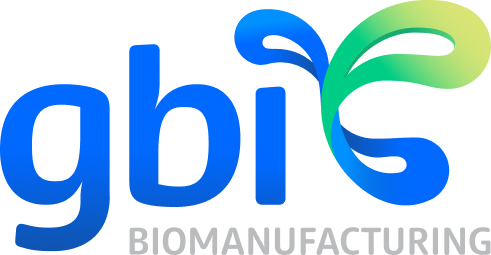
Experience.
Collaboration.
Collaborations & Partnerships
GBI knows that part of being a strong CDMO partner means connecting you with the services you need. We have several strategic partnerships established with experts in different sectors that may help you during your development and manufacturing process.
Cell Line Development
We can work with our collaborative partners to develop cell lines from a sequence or cDNA that you provide. Our partners offer proprietary vectors to develop cell lines that can routinely produce over 7g/L in CHO cell lines for an IgG1 antibody. We can also express different sequences or cDNA and evaluate the constructs for developability and manufacturability before selecting the best sequence.
GBI’s Approach to Cell Line Development
After receiving your approval on a cell line development plan for your project, we can take your gene sequence or cDNA for your recombinant protein or antibody (or from a hybridoma) and engineer a highly productive, stable cell line in CHO, BHK, NS0, HEK-293, or SP2/0 cells or proprietary third-party systems.
After transfection of the cells, screening amplification and subcloning will be performed. The cell lines will use a commercially available media platform that is in a serum-free and chemically defined suspension culture. Upon client request, a stable pool of transfectants can be generated and characterized before the generation of a high-producing single stable clone.
Cell line development activities will typically result in identifying three to five high-producing candidate clones after which a 10-vial frozen cell bank of each will be created.
During the shake flask stage of cell line development, a small-scale, single-column purification step (i.e., protein A) of the harvest can be performed for each cell line for the initial characterization of the protein’s structural characteristics (primary through quaternary) via methods like mass spectrometry, glycosylation, potency, amino acid analysis, binding characteristics, and binding kinetics (Octet systems, Biacore). This will aid in the selection of the optimal cell line along with subsequent generational stability and productivity data.
Radiolabeled Antibody Conjugates
GBI has long collaborated with partners to generate isotopes for chelator-antibody constructs for projects ranging from studies on and development of radiolabeled antibody conjugates for radio-immunotherapy to radio-immunodiagnostics for use in pre-clinical and clinical trials. Several articles have been published on this innovative work in prestigious peer-reviewed journals, white papers, and thought leadership articles in biotech journals
CTO Partners
To ensure the purity and integrity of your product candidate, we offer a panel of qualified assays that expedite product and process development. GBI can also accommodate specific assays transferred from clients and can develop and qualify these assays in accordance with regulatory requirements.
For biologics testing such as viral spiking studies or extended characterizations (e.g., intact mass, drug/chelator-to-antibody mole ratio, peptide mapping) that require equipment such as LC-MS, GBI will work with qualified outside vendors such as contract testing organizations (CTOs).
University Collaborators
-

Florida International University (FIU)
GBI is working with the Department of Chemistry and Biochemistry to develop novel linker universal technology for Antibody Drug Conjugates (ADCs) and other bioconjugates.
Based on a grant that FIU received from the NIH aimed at enhancing collaboration between industry and academia, GBI is now accepting graduate student internships.
-

Barry University
GBI personnel sit on the external advisory committee for the Professional Science Master’s Degree in Medical Biotechnology offered by Barry University’s College of Health Sciences. The industry advisory board helped design the program to meet specific requirements and produce graduates that satisfy the current and future needs of the biotechnology industry throughout Florida and the United States. An internship component allows students to play an active role in a focused research project under the supervision of an industrial mentor so that they can apply the cutting-edge principles they learn in the classroom to real-world medical biotechnology problem-solving.
